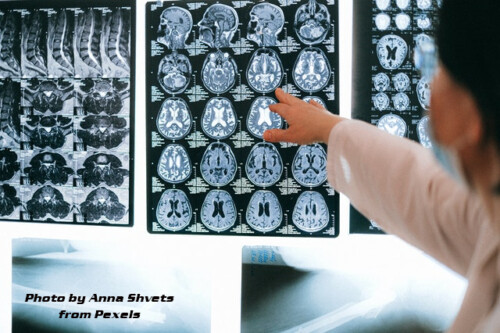Depression and Neurotransmitters
By D.Y.A.N.A Editorial Team

Depression is a complex mental disorder that can be caused by a variety of factors, including genetics, life experiences, and environmental factors. One of the major theories about the underlying causes of depression involves imbalances in brain chemicals, or neurotransmitters.
Neurotransmitters are chemicals that transmit signals between neurons in the brain. There are several neurotransmitters that are thought to be involved in depression, including serotonin, norepinephrine, and dopamine. These neurotransmitters are involved in regulating mood, sleep, appetite, and other important functions.
Serotonin is perhaps the most well-known neurotransmitter that is associated with depression. Low levels of serotonin have been linked to depression, as well as anxiety and other mood disorders. Antidepressant medications that are used to treat depression often work by increasing the levels of serotonin in the brain.
Norepinephrine is another neurotransmitter that is involved in depression. Like serotonin, low levels of norepinephrine have been linked to depression. Antidepressant medications that target norepinephrine can be effective in treating depression.
Dopamine is another neurotransmitter that is involved in depression. Dopamine is involved in regulating pleasure and reward, and low levels of dopamine have been linked to depression and other mood disorders.
It’s important to note that the relationship between brain chemicals and depression is complex and not fully understood. While imbalances in neurotransmitters may be a contributing factor to depression, they are not the only factor. Other factors, such as genetics, life experiences, and environmental factors, can also play a role in the development of depression.
Treatment for depression often involves a combination of medications, therapy, and lifestyle changes. Antidepressant medications can help to rebalance neurotransmitters in the brain and alleviate symptoms of depression. Therapy can help individuals to develop coping strategies and address underlying issues that may be contributing to their depression. Lifestyle changes, such as exercise, a healthy diet, and stress reduction techniques, can also be effective in treating depression.
Nothing herein is intended to diagnose, treat or cure any disease. Please do your research and seek professional advice before using any information.

